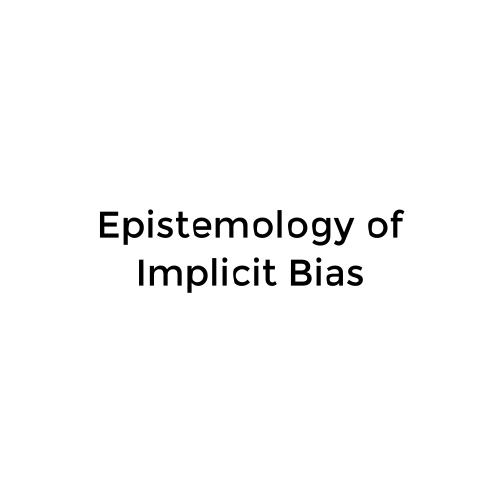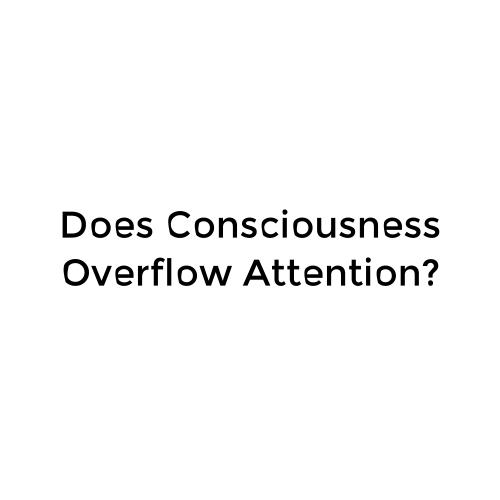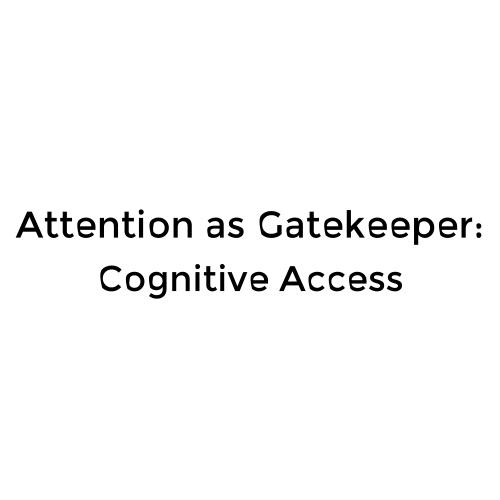Embodied Cognition
Cartesian Dualism
- The mind is a non-physical substance that is causally affected by things in the world outside it.
- Through a process of reasoning, it is possible to gain knowledge of what things in the surrounding world are like.
- However, it is possible for everything in the mind to be just as it is, even if things in the world outside were entirely different (or did not exist).

Cartesian Materialism?
- The mind is a physical substance that is causally affected by things in the world outside it.
- Through a process of computation, it is possible to gain knowledge of what things in the surrounding world are like.
- However, it is possible for everything in the mind to be just as it is, even if things in the world outside were entirely different (or did not exist).
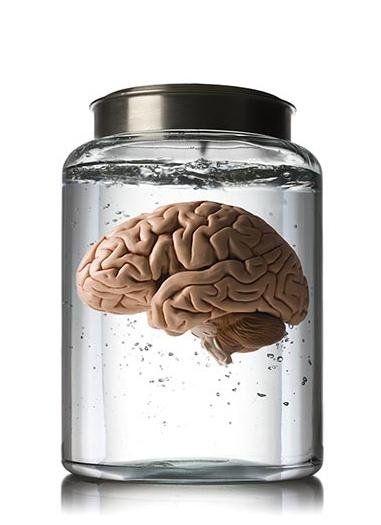
Traditional Cognitive Science
- Regards the mind as a computer whose physical basis is in the brain.
- Regards thought as a matter of manipulating mental representations according to their syntactic (physical) properties.
- Understands the representational (semantic) content of mental representations as the result of how they are caused by objects in the external world.
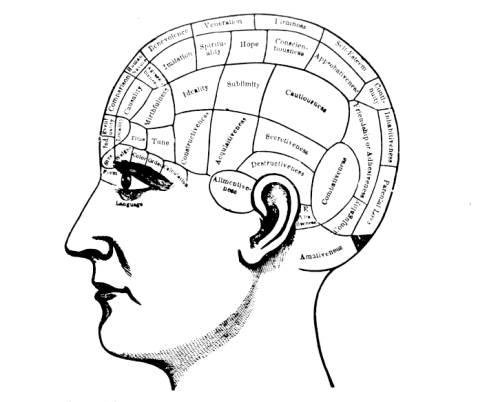
Embodied Cognition Theories
- Tend to downplay the need for symbol-manipulation as a means of addressing real-world problems.
- Often deny that the physical basis of cognition is limited to the brain, holding instead that it "extends" into the body and surrounding world.
- Sometimes credit the body with a role in determining the content of our concepts.
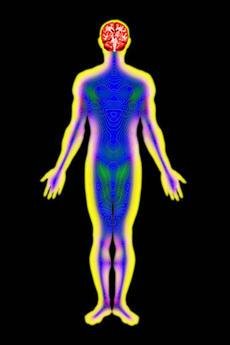
Intelligence without representation?
"When we examine very simple level intelligence we find that explicit representations and models of the world simply get in the way. It turns out to be better to use the world as its own model."
- Rodney Brooks, "Intelligence Without Representation"

An extended mind?
"The moral is that when it comes to belief, there is nothing sacred about skull and skin. What makes some information count as a belief is the role it plays, and there is no reason why the relevant role can be played only from inside the body."
- Andy Clark and David Chalmers, "The Extended Mind"

Two Important Questions
- Is the difference between EC approaches and traditional cognitive science just a matter of differing degrees of emphasis put on brain activity vs. what happens outside the brain, or computational solutions vs. non-computational ones?
- Is there any principled reason to think that cognitive processing must always take place "inside" of a subject?
Embodied Cognition
By schwenkler3930
Embodied Cognition
- 597
